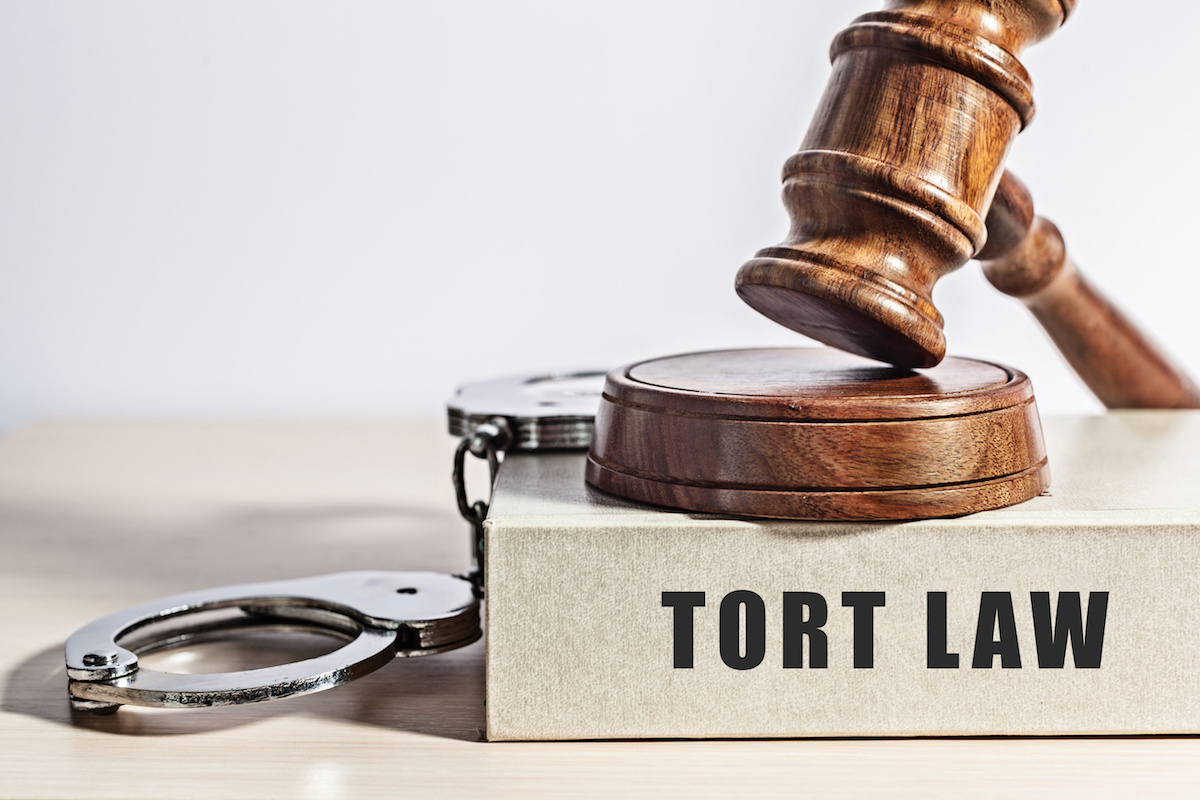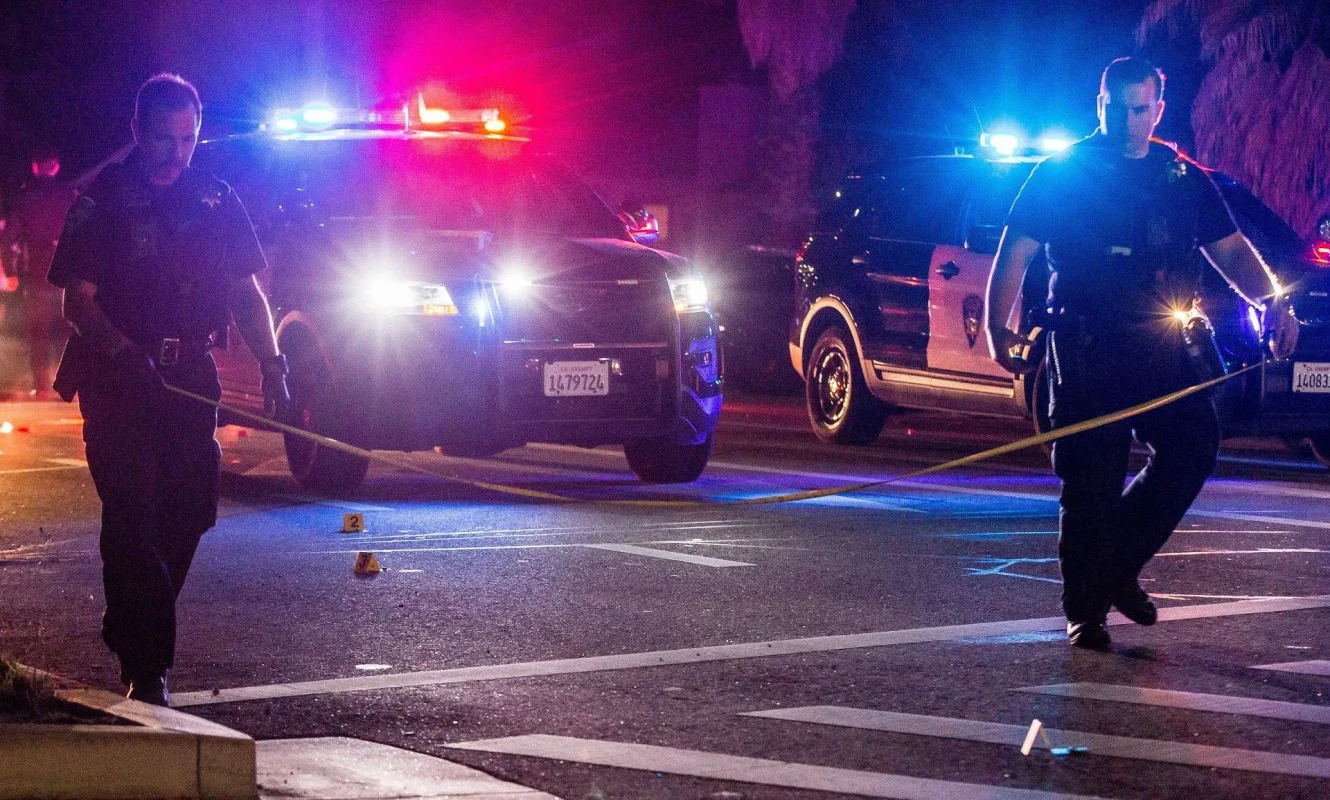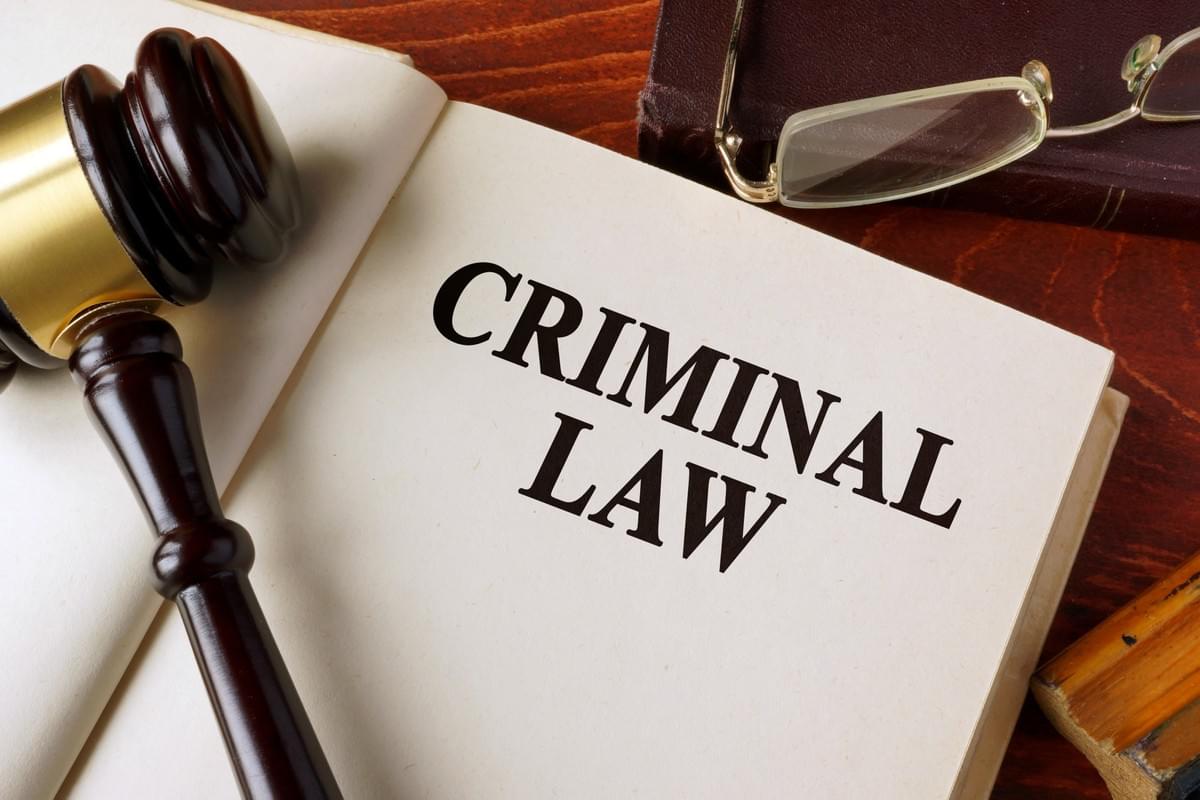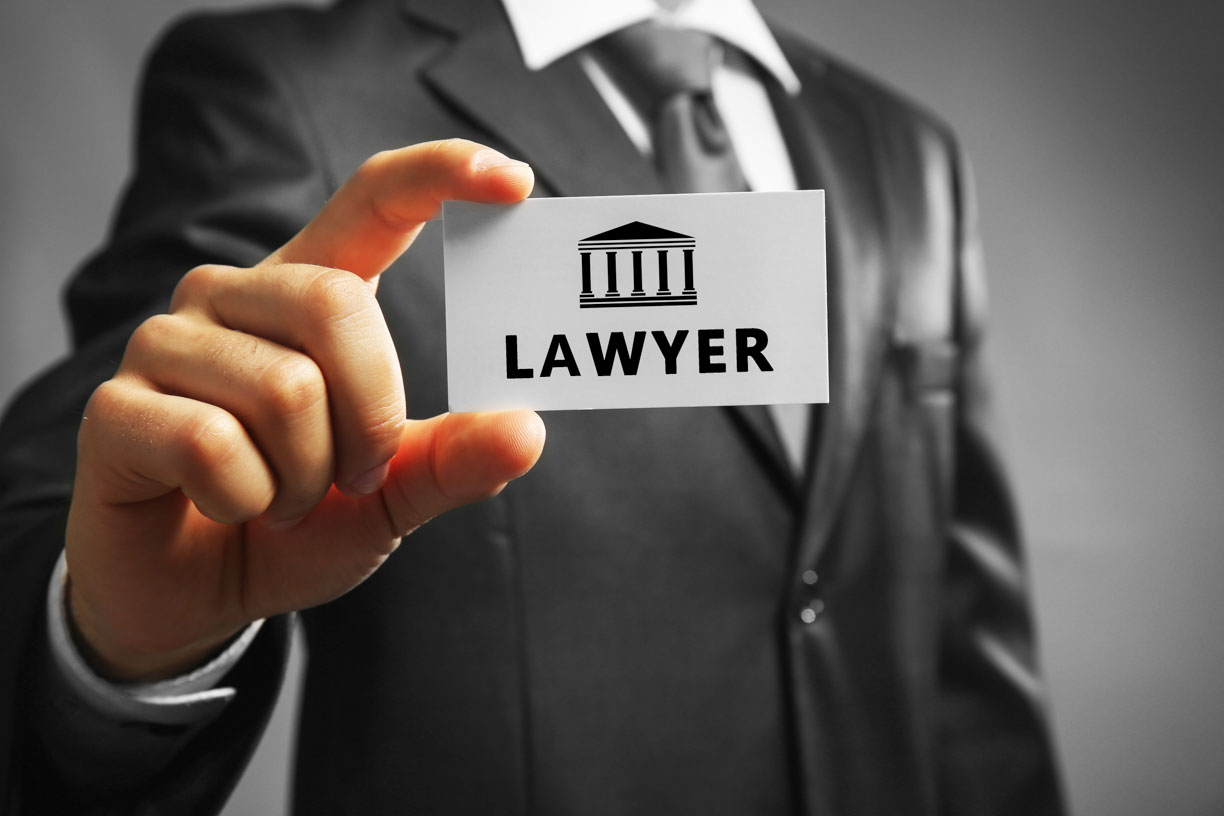The intricate framework governing the administration of law plays a pivotal role in maintaining order and upholding societal norms. This complex system is designed to address disputes, protect individual rights, and facilitate the pursuit of justice. Each component of this framework intertwines with others, creating a cohesive structure essential for the functionality of any legal environment.
At its core, this domain encompasses various stages and practices, guiding the actions of those involved, from law enforcement to judiciary mechanisms. Comprehending the nuances of these stages is vital for anyone navigating this landscape, as they dictate not only the flow of cases but also the rights of the parties involved. The interplay between these elements underscores the importance of informed participation in the legal arena.

Moreover, knowledge of this framework empowers individuals to advocate for themselves and understand the implications of their actions within the legal sphere. By delving into the principal aspects and terminologies associated with this field, one can gain a deeper appreciation for its complexities and the protections it offers to society as a whole.
Fundamentals of Criminal Law
The foundation of penal regulations encompasses various principles that guide the enforcement of laws and the adjudication of offenses. This set of rules plays a crucial role in maintaining order within society, delineating acceptable behaviors, and outlining repercussions for violations. The systems are designed not only to punish wrongdoers but also to deter future infractions and rehabilitate offenders.
Key elements of this body of law include:
- Definition of Offenses: Differentiate between serious crimes and minor violations to establish appropriate legal responses.
- Mens Rea and Actus Reus: Understanding the mental state of the accused and the physical act of the offense.
- Defense Strategies: Exploring various justifications that may absolve or mitigate responsibility, such as self-defense or insanity.
- Procedural Safeguards: Ensuring fair treatment throughout the legal process, including the right to a lawyer and a fair trial.
- Sentencing Guidelines: Outlining the range of penalties for different categories of offenses to promote consistency in punishment.
Moreover, the interplay between local, state, and federal laws adds complexity to the enforcement mechanisms and the application of justice. The principles that govern these interactions contribute to a dynamic and often evolving landscape that legal practitioners must navigate.
Ultimately, mastering the fundamental aspects of penal legislation is essential for anyone involved in the legal arena, whether as a practitioner, a scholar, or an informed citizen.
Stages of Criminal Proceedings Explained
The journey through the legal system involves several important phases that guide individuals from the initiation of a case to its conclusion. Each step plays a crucial role, ensuring that the rights of all parties are respected and that justice is served. Understanding these phases can provide clarity on how the process unfolds in a structured manner.
| Stage | Description |
|---|---|
| Initial Investigation | This phase involves the gathering of evidence and facts by law enforcement agencies, often leading to an arrest. |
| Charging | After sufficient evidence is collected, the state decides whether to file formal charges against the suspect. |
| Arraignment | The accused appears in court to hear the charges and enter a plea, setting the stage for further proceedings. |
| Pre-Trial Motions | This stage involves legal arguments presented before the trial, including requests to dismiss charges or suppress evidence. |
| Trial | During the trial, both sides present evidence and arguments, culminating in a verdict delivered by a jury or judge. |
| Sentencing | If found guilty, the individual receives a sentence that may involve imprisonment, fines, or other penalties. |
| Appeal | The convicted party has the right to challenge the trial’s outcome, seeking a review of the legal proceedings. |
Each of these phases is integral to the justice system, ensuring both the pursuit of accountability and the safeguarding of individual rights throughout the process.
Rights of the Accused
The rights afforded to individuals facing allegations are fundamental to the integrity of any legal system. These protections ensure that defendants are treated fairly and have the opportunity to contest the charges against them without facing undue pressure or bias. Recognizing and upholding these rights is vital for a just society and a balanced legal framework.
| Right | Description |
|---|---|
| Right to Counsel | The individual has the right to have an attorney present during questioning and throughout the legal process. |
| Right to a Fair Trial | Ensures that the accused is entitled to a trial that is conducted fairly, without prejudice from jurors or the court. |
| Right to Remain Silent | The accused cannot be compelled to testify against themselves, preventing self-incrimination. |
| Right to Be Informed of Charges | The individual must be made aware of the specific accusations being made against them. |
| Right to Confront Witnesses | The accused has the opportunity to challenge and question witnesses who testify against them. |
| Right to a Speedy Trial | This right ensures that the accused is not subjected to excessive delays before their trial takes place. |
Prosecutorial Discretion and Its Impact
Prosecutorial discretion plays a critical role in the justice system, influencing how laws are enforced and ensuring that legal actions align with societal values. This concept allows prosecutors the latitude to decide whether to pursue charges, negotiate plea agreements, and determine the level of severity in offenses. The implications of these decisions can significantly affect individuals, communities, and the overall integrity of legal processes.
Factors Influencing Prosecutorial Decisions
Several elements come into play when prosecutors exercise their judgment. Public safety often stands as a primary concern, prompting an emphasis on cases that pose a greater risk to society. Additionally, factors such as available resources, the strength of evidence, and the impact of past offenses can heavily influence decisions. The ability to prioritize certain cases over others highlights the strategic nature of prosecutorial roles.
Consequences for Individuals and Communities
The impact of prosecutorial choices extends beyond individual cases. Discretion can contribute to disparities in how certain groups experience legal repercussions, potentially leading to questions about fairness and equity. Moreover, the decisions made by prosecutors can shape public perception of the legal system, fostering trust or instilling skepticism. As such, the balance of discretion must be critically examined to ensure justice is served comprehensively.
Defenses in Criminal Cases
In the realm of legal disputes, various strategies are employed to contest allegations leveled against an individual. These approaches serve to challenge the validity of the accusations or mitigate the consequences for the accused party. By establishing certain justifications or mitigating circumstances, defendants can effectively navigate the complexities of the legal system.
One prevalent form of defense is the affirmative defense, wherein the accused admits to the act but seeks to justify it under specific circumstances. This may include instances of self-defense, where the individual argues that their actions were necessary to prevent harm. Another notable example is insanity defense, contending that the accused was unable to comprehend the nature of their actions due to a mental disorder.
Additionally, there are defenses grounded in lack of evidence, which assert that the prosecution has not sufficiently proven its case beyond a reasonable doubt. This is crucial, as the burden of proof lies with the accuser. Furthermore, claims of alibi present an alternative narrative, asserting that the defendant was elsewhere when the alleged crime occurred, thus casting doubt on the prosecution’s assertions.
Understanding the various defenses available is essential for both legal practitioners and individuals facing allegations. These strategies are integral in challenging accusations and navigating legal challenges effectively.
Importance of Evidence in Trials
In the realm of legal proceedings, the role of substantiation is paramount. The presence and quality of evidence can significantly influence the outcome of a case, affecting not only the verdict but also the public’s perception of justice being served.
Evidence serves multiple functions throughout the adjudication process:
- Establishing Facts: It provides a foundation upon which the court can ascertain the truth regarding the matter at hand.
- Influencing Decisions: Judges and juries rely on evidence to make informed decisions, ultimately determining the fate of the parties involved.
- Ensuring Fairness: The admissibility of strong, relevant evidence helps maintain an equitable process, safeguarding the rights of all participants.
Types of evidence can vary widely, including:
- Testimonial: Statements given by witnesses who present firsthand accounts.
- Documentary: Written or recorded materials that can corroborate or refute claims.
- Physical: Tangible objects that can be examined and evaluated.
In summary, the significance of evidence cannot be overstated. It forms the cornerstone of effective legal arguments and is crucial for the pursuit of justice and accountability within society.
Q&A: Criminal procedure
What are the key stages of criminal procedure?
The key stages of criminal procedure typically include several critical phases: investigation, arrest, initial appearance, preliminary hearing, arraignment, trial, and sentencing. Each stage serves a specific purpose in ensuring that justice is served while also protecting the rights of the accused. The investigation phase involves police gathering evidence, followed by the arrest, where a suspect is taken into custody. The initial appearance is when the accused is informed of their rights and charges. During the preliminary hearing, a judge determines if there is enough evidence to proceed with the case. The arraignment is where the accused enters a plea, leading to the trial phase where both sides present their evidence. If the accused is found guilty, sentencing follows, where a judge imposes a punishment.
What rights do defendants have during criminal procedures?
Defendants in criminal procedures are afforded several important rights, grounded primarily in the U.S. Constitution. These include the right to a fair trial, the right to remain silent, the right to legal counsel, and the right to be presumed innocent until proven guilty. The Sixth Amendment ensures that defendants have the right to confront witnesses, present evidence, and obtain witnesses in their favor. Additionally, the Fourteenth Amendment provides protections against due process violations. These rights are fundamental in ensuring that the judicial process is fair and that the accused has the opportunity to defend themselves effectively against criminal charges.
How does plea bargaining work in criminal procedure?
Plea bargaining is a key component of the criminal justice system where a defendant agrees to plead guilty to a lesser charge or to receive a more lenient sentence in exchange for cooperation. This process typically occurs before the trial stage and is aimed at expediting the resolution of cases, reducing the burden on courts, and providing defendants with a potentially more favorable outcome. In a plea bargain, both the prosecution and the defense negotiate terms, which must then be approved by a judge. It’s important to note that while plea bargains can be beneficial for both parties, they can also raise concerns about justice and fairness, particularly if defendants feel pressured to accept deals even when they may be innocent.
What is the significance of the exclusionary rule in criminal procedure?
The exclusionary rule is a significant legal principle in criminal procedure that prohibits the use of evidence obtained through unlawful search and seizure in court. This rule is designed to uphold the rights of individuals against violations of the Fourth Amendment, which protects against unreasonable searches and seizures. The significance of the exclusionary rule lies in its role as a deterrent against unlawful police conduct. By excluding improperly obtained evidence, the rule ensures that law enforcement agencies are held accountable and that due process rights are respected. However, there are exceptions to the rule, such as the “good faith” exception, where evidence may still be admitted if law enforcement officers acted under the belief that their actions were lawful, even if a mistake was made.
What is the purpose of the Federal Rules of Criminal Procedure?
The Federal Rules of Criminal Procedure were created to provide for the just determination of every criminal proceeding. These rules aim to ensure fairness in the administration of justice, avoid unjustifiable expense and delay, and secure simplicity in procedure. They apply to all federal courts and are meant to protect the rights of both the defendant and the prosecution throughout the criminal process.
How does probable cause impact the issuance of a search warrant?
A search warrant can only be issued if there is probable cause to believe that a crime has been committed and evidence will be found at a specific location. According to the Federal Rules of Criminal Procedure and US law, the warrant must be supported by an oath or affirmation, providing evidence that will be presented to a judge or magistrate for approval. Probable cause is crucial to protecting individuals from unreasonable searches and seizures.
What is a judgment of acquittal, and when may the court issue it?
A judgment of acquittal is a legal decision by the court that the evidence presented by the prosecution is insufficient to support a conviction. According to the Federal Rules of Criminal Procedure, the court may issue a judgment of acquittal either after the prosecution has presented its evidence or after the jury has returned a guilty verdict, but before the court officially enters the judgment. This prevents an unjust conviction if there is not enough evidence of guilt beyond a reasonable doubt.
What are the conditions for ordering a new trial in a criminal case?
The court may order a new trial if it determines that the trial was not conducted fairly or that there was an error in the legal process that affected the defendant’s rights. The Federal Rules of Criminal Procedure allow a new trial to be requested by the defendant or initiated by the court if there is evidence of legal mistakes, unfair prejudice, or newly discovered evidence that could change the outcome of the case.
What are the rights of a defendant during a criminal trial according to the Federal Rules of Criminal Procedure?
A defendant in a criminal trial is entitled to several rights under the Federal Rules of Criminal Procedure, including the right to the assistance of counsel, the right to be informed of the charges, the right to call and cross-examine witnesses, and the right to a jury trial in cases involving serious offenses. The defendant also enjoys the presumption of innocence and must be proven guilty beyond a reasonable doubt for a conviction to occur.




